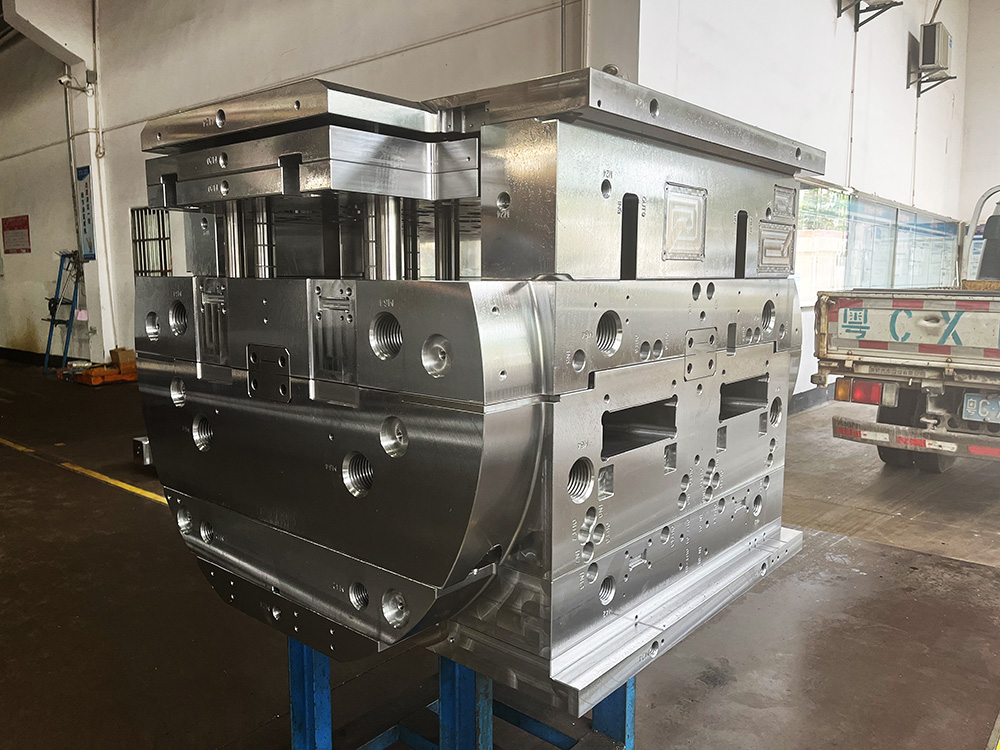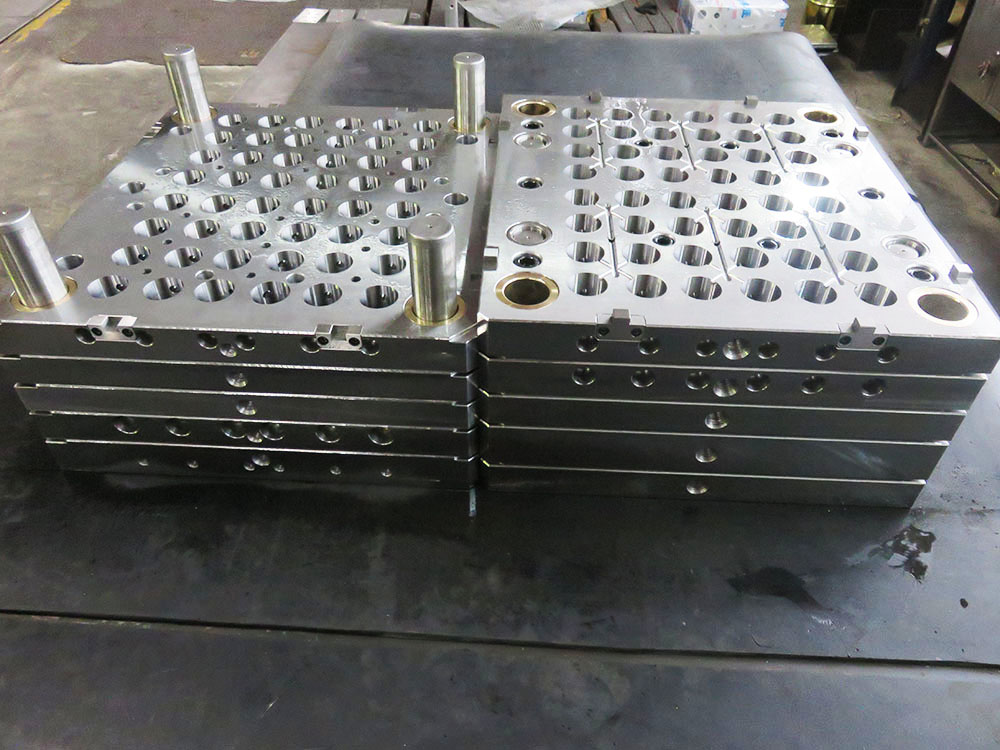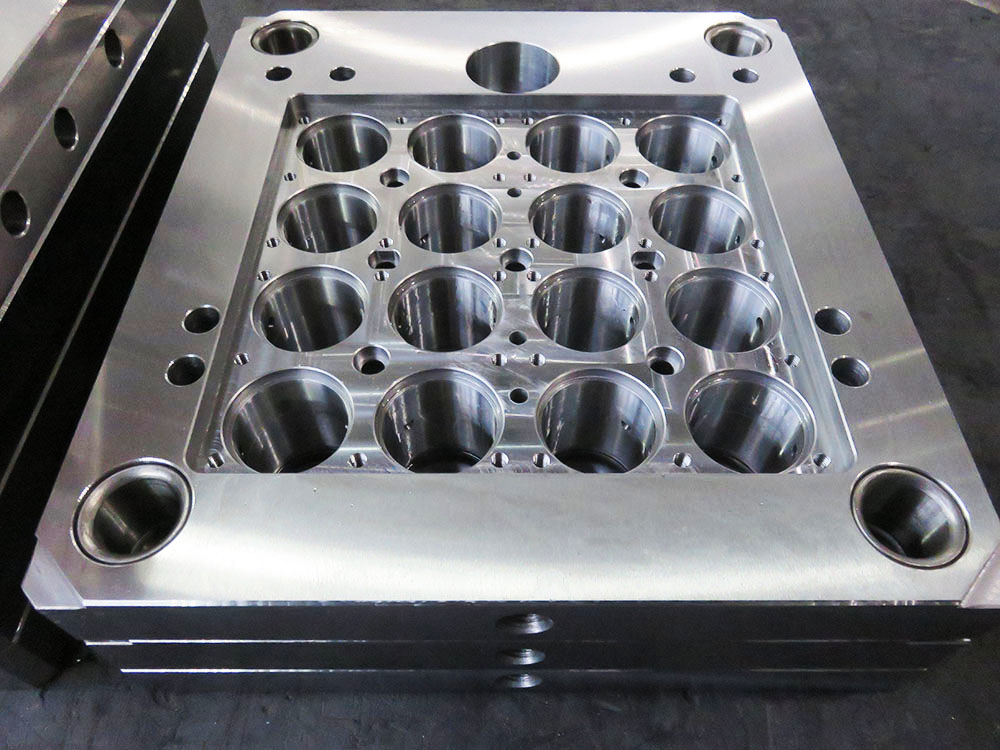Definition of Structural Steel
Structural steel is a type of construction material that is widely used in the mold base industry. It is a specific grade of steel that conforms to certain mechanical and chemical properties, making it suitable for structural applications.
Structural steel is primarily made from iron, carbon, and other elements such as manganese, phosphorus, sulfur, and silicon. These additional elements are added to enhance the mechanical properties of the steel, making it stronger, more durable, and more resistant to deformation and corrosion.
One key characteristic of structural steel is its high strength-to-weight ratio. This means that it can withstand heavy loads and forces while being relatively lightweight. This makes it an ideal choice for applications where strength and durability are crucial, such as in mold bases.
The manufacturing process of structural steel involves several stages. Initially, raw materials, including iron ore, coal, and limestone, are extracted and processed to obtain pig iron. This pig iron is then further refined in a basic oxygen furnace or electric arc furnace, where impurities are removed, and the desired alloying elements are added. The resulting molten steel is then cast into various shapes, such as beams, columns, plates, and tubes, which are used in construction and mold base manufacturing.
Structural steel is commonly classified into various grades based on its chemical composition and mechanical properties. These grades are designated by a combination of letters and numbers, such as ASTM A36 or EN 10025-2 S355JR. Each grade has specific chemical composition limits and mechanical properties, such as yield strength, tensile strength, and elongation, which are carefully defined to ensure the steel's suitability for different applications.
In the mold base industry, structural steel is used to provide a solid and stable foundation for molds. Mold bases are essential components of injection molding machines, acting as a support structure for the mold cavity, core, and other components. The use of structural steel ensures that the mold base can withstand the high pressure and temperature conditions during the injection molding process, without deforming or failing.
Structural steel is favored in the mold base industry due to its excellent mechanical properties, versatility, and cost-effectiveness. It offers the necessary strength and stability while being relatively easy to fabricate and shape into the desired mold base design. Additionally, structural steel can be recycled, making it an environmentally sustainable choice for the industry.
In conclusion, structural steel is a vital material in the mold base industry, providing strength, durability, and stability to mold bases. Its high strength-to-weight ratio, specific grades, and manufacturing process make it an ideal choice for structural applications. The use of structural steel in mold bases ensures the longevity and reliability of molds, contributing to the efficiency and success of the injection molding process.




